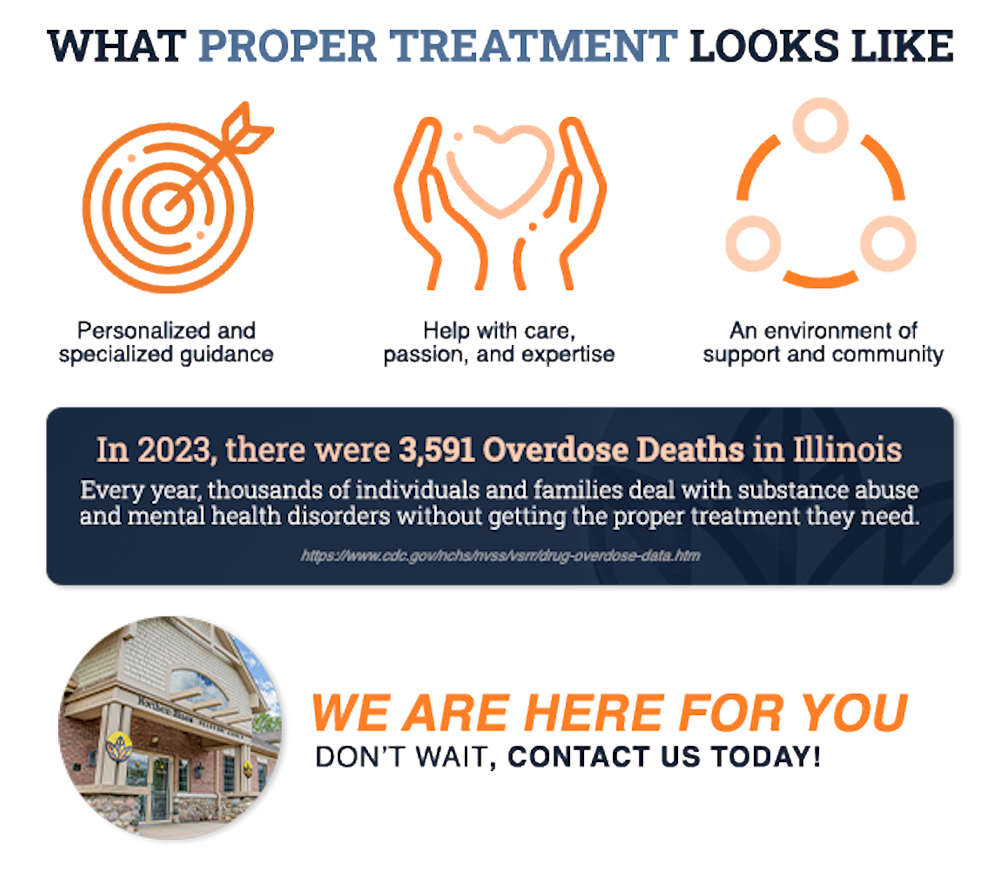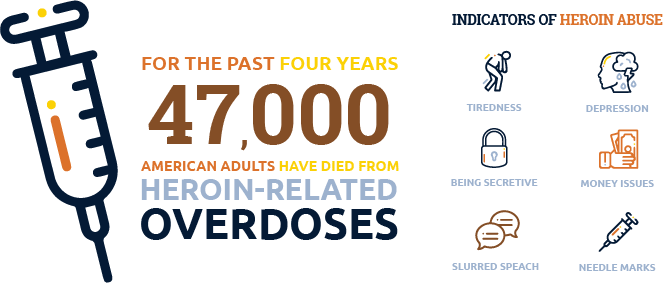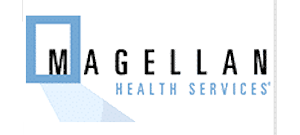Overcoming addiction requires professional treatment and immense support. Treatment is a combination of medical care, clinical care, peer support, holistic medicine, and more. Addiction treatment helps people achieve long-term health and wellness that may have been otherwise unattainable without treatment. Our Crystal Lake rehab center is conveniently located about 50 miles from Chicago and provides the highest quality treatment in the Midwest.
Addiction treatment works to treat each aspect of substance use. Treatments cater to people with a range of substance abuse issues, involving alcohol, heroin, cocaine, meth, prescription drugs, and more. As mentioned, substance use often stems from issues with mental health. At Northern Illinois, we understand the role that mental health plays in addiction. We strive to treat co-occurring disorders in the most individualized and compassionate way possible.


Mental Health and Addiction
When individuals struggle with both a mental health issue and substance use disorder, they have a co-occurring disorder. To properly heal and reduce the risk of ongoing relapse, both conditions need to be treated simultaneously. Here at Northern Illinois Recovery Center, our dual diagnosis treatment program can address several mental health issues that frequently confront individuals, such as:

Treatment for Substance Use
Disorders
Addiction recovery works differently depending on the substance involved. Individuals beginning treatment for alcohol use will have a different road to recovery than, for instance, someone recovering from heroin use. This is one reason it is essential to cater to each individual, their circumstance, and their specific addictions.

Testimonials
Addictions We Treat`
Despite the growing awareness about alcohol addiction, many people still have misconceptions that prevent them from getting help. Like any disease, finding professional support will make it easier for individuals to heal quicker and more thoroughly. Alcohol use disorders can be detrimental to many aspects of an individual’s life and it is imperative that anyone who is showing signs of alcohol dependence seek help.

Signs and Symptoms of Alcoholism
Some common behavioral, psychological, and physical symptoms of alcohol abuse include:
- Memory issues
- Impaired cognition
- Decline in coordination
- Slurred speech
- Inability to stop drinking
- Decline in work, family, and social relationships
- Secretive drinking
- Drunk driving and/or other risky behaviors
- Denial about alcohol use habits
- Becoming distressed when not having access to alcohol
Treatment for Alcohol Addiction
During alcohol treatment at Northern Illinois Recovery Center, our clients are involved in various programs and therapies. The community aspect of treatment also provides support in a variety of ways. Some therapies used in alcohol treatment include:
- Holistic therapy
- Family therapy
- Group therapy
- Individual therapy
- Cognitive behavioral therapy (CBT)
- 12-step program implementation
Several populated areas in Northern Illinois, such as Chicago, struggle with high amounts of substance use. Cities like Chicago are a hub for nightlife and excitement. With that often comes drug use such as heroin, meth, cocaine, benzos, and more. If you or a loved one is dealing with cocaine addiction, Northern Illinois Recovery Center can help.
Signs and Symptoms of Cocaine Use
Some common signs of cocaine use include:
- Loss of appetite
- Dilated pupils
- Sleeplessness
- Paranoia
- Overconfidence
- Financial issues
- Mood swings
- Irritability
- Depression
- Legal issues
Treatment for Cocaine Use
Cocaine addiction treatment helps clients learn how to live healthy and fulfilling lives without substances. Therapeutic treatments play a prominent role in cocaine addiction treatment. Some of these therapies include:
- Individual therapy
- Group therapy
- Family therapy
- Cognitive Behavioral Therapy (CBT)
- Eye Movement Desensitization and Reprocessing (EMDR)
Meth addiction is extremely dangerous and is a highly addictive stimulant that poses a threat to the user’s mental and physical health. Using the substance just one time can trigger dependency because of the withdrawal symptoms. If you or a loved one is addicted to meth, the time to seek help is now.
Signs and Symptoms of Meth Use
Meth use involves a variety of signs. They consist of obvious and less-obvious psychological and physical symptoms. Some of these signs and symptoms include:
- Paranoia
- Irritability
- Confusion
- Rotting teeth
- Intense scratching
- Thinning body
- Acne or sores on the body
Treatment for Meth Use
Like heroin treatment, many people suffering from meth addiction will recover through our medication-assisted treatment program. In conjunction with therapy and dual diagnosis treatment, this program helps put many in the position to have long-term recovery. Some therapies included in meth addiction treatment are:
- Support groups
- Individual therapy
- Cognitive Behavioral Therapy (CBT)
- Dialectical behavior therapy (DBT)
- Dual diagnosis treatment
Treatment starts with detox to ensure meth withdrawal symptoms do not progress to a life-threatening point. For this reason, it is imperative not to stop taking meth on your own. Withdrawal symptoms can be extremely dangerous and require professional detox.
According to the National Institute of Health (NIH), heroin use continues to increase. While the country is amidst a heroin epidemic, Northern Illinois Recovery continues to strive to get more people into treatment. This is because quitting heroin is overwhelmingly difficult, and many heroin users enter life-threatening circumstances after long-term use.

Immediate Signs of Heroin Use
Some symptoms that may be easy to recognize even after short-term heroin use include:
- Small pupils
- Drastic and sudden changes in behavior
- Loss of interest or concentration
- Periods of hyper-alertness
- Shortness of breath
- Nodding off
Long-Term Signs of Heroin Use
Some signs that heroin use is progressing to dependency include:
Physical symptoms:
- Nausea and vomiting
- Warm flushing of skin
- Dry mouth
Behavioral and psychological symptoms:
- Stealing from loved ones to afford substances
- Covering needle marks with long pants and sleeves
- Deceptive behavior
- Hostile behavior
- Severe itching
- Irritability
- Anxiety
- Depression
- Insomnia
Treatment for Heroin Use
During heroin rehab, our addiction specialists and clinicians design a catered treatment plan for each individual. Customized treatment plans work well since each client is unique and often comes from a different situation. For instance, medication-assisted treatment may work exceptionally well for some, while others may benefit more from a different treatment.
Medication-assisted treatment (MAT) has proven effective, especially for people dealing with long-term heroin addiction. Professionally administered medication like methadone and Suboxone can help reduce withdrawal symptoms and minimize cravings. Many people in treatment find that they are more easily able to focus on their recovery when they are not dealing with the uncomfortable symptoms of withdrawal.
In addition to MAT, clients in our heroin treatment program can expect to participate in therapies such as:
- Group Therapy
- Family therapy
- Dialectical behavior therapy (DBT)
- Cognitive behavioral therapy (CBT)
- Individual counseling
Some view prescription drug addiction as less dangerous than other illicit drug addictions. This misconception comes from the fact that doctors are often prescribed the medication that the individual is addicted to. Prescription pill addiction is dangerous since dependency can occur exceptionally easily. In some cases, prescription drug addiction can transition to heroin use if the individual can no longer get an opioid prescription or if it becomes too expensive.
Signs and Symptoms of Prescription Drug Addiction
Prescription drugs trigger different signs and symptoms depending on the specific drug. These can range from stimulants, painkillers, or medication for anxiety or sleep. However, some common symptoms of prescription pill abuse include:
- Taking more of a dosage than prescribed
- Lethargic or overly energetic
- Alteration in sleeping patterns
- Change in eating habits
- Increased alcohol use
- Mood swings, sometimes in relation to the availability of prescriptions
- Withdrawal symptoms
- Doctor shopping
- Crushing pills
- Stealing or forging prescriptions
- Treatment for Prescription Drug Use
Even if an individual suffers from a severe, long-term addiction, recovery is still possible. Northern Illinois Recovery Center offers programs for people in many different situations. Some of our supportive treatment services for prescription drug use include:
- CBT
- Group therapy
- Individual therapy
- Family therapy
- Dual diagnosis treatment
- Relapse prevention
- Peer support
Insurance Verification






Northern Illinois Recovery
The Benefits of Getting Treatment From
Northern Illinois Recovery Center
Addiction treatment professionals have designed our substance abuse treatment programs to save lives. If you are reading this information, it may be a signal that you are ready to get help for your addiction. The treatment process has to start with you admitting you are ill and wanting help. Northern Illinois Recovery Center is located in Crystal Lake, about 50 miles from Chicago. We want to provide you with the help you deserve. If you are ready, we encourage you to pick up the phone and give us a call.



